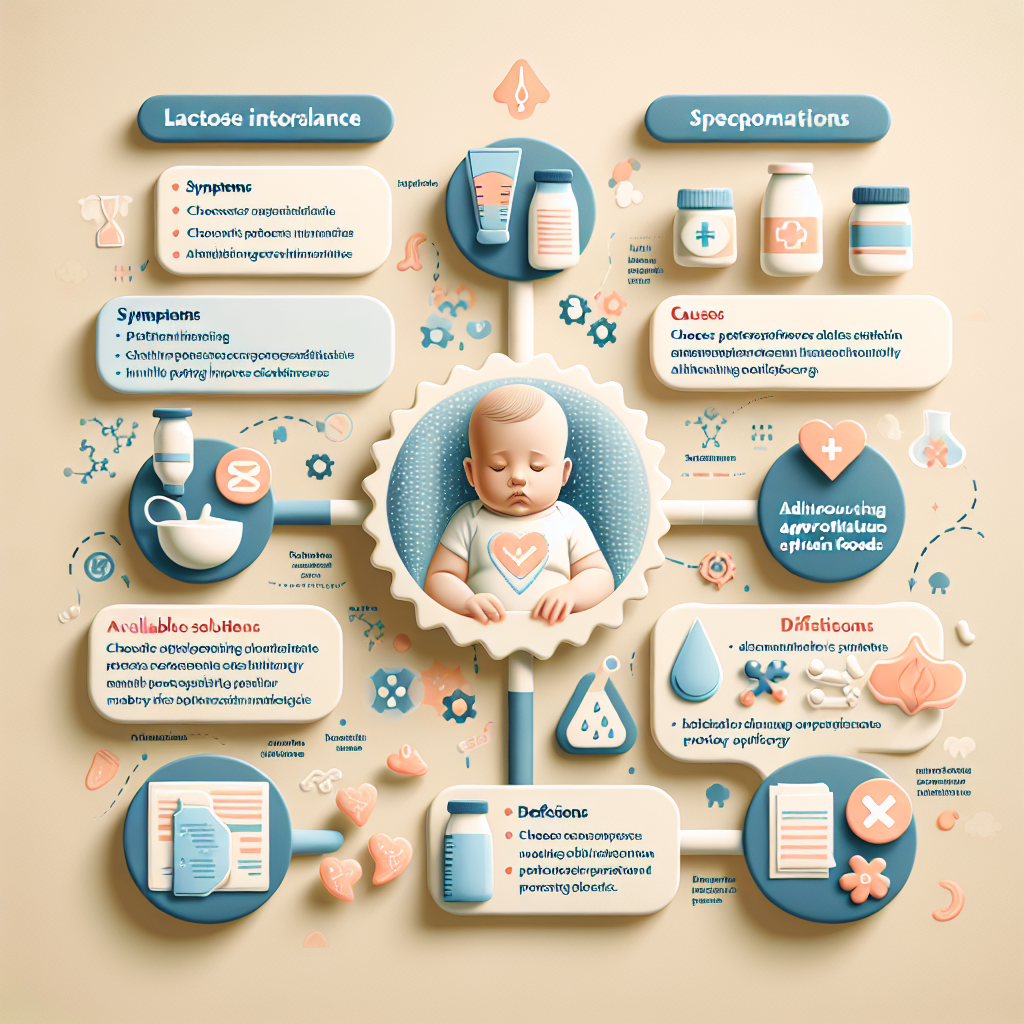Child Development: A Complete Guide to the Essential Stages
Introduction
Child development is a complex and fascinating process that begins in the first days of life and continues throughout childhood and adolescence. In this article, we will explore the different stages of child development, with a particular focus on motor development and language development. Our goal is to provide you with valuable information and practical advice to help you better understand your children's needs and contribute to their harmonious growth.
Motor Development
One of the main components of child development is motor development. This is about developing muscle control and children's ability to move and interact with their environment. Motor development can be divided into two main categories: gross motor and fine motor. Gross motor skills involve large movements such as walking, jumping and running, while fine motor skills involve more precise movements such as writing or manipulating small objects.
During the first year of life, babies learn to control their head, roll over, sit, stand, and eventually walk. It is important to foster these skills through games and activities that encourage exploration and independence.
Language development
Language development is another crucial aspect of child development. This begins with initial stammering and progresses to the first words and phrases, to the complex use of language in conversation and the expression of thoughts and feelings. Language is an essential tool through which children understand the world and communicate with those around them.
To encourage language development, it is recommended to constantly talk to children, read them stories and encourage them to ask questions and express their opinions. Educational games that involve word recognition or matching pictures with terms can also be very effective.
Conclusion
In conclusion, each stage of the child's development is unique and special, contributing to its harmonious growth. By understanding motor and language development, parents and caregivers can provide the appropriate support and resources to support children's progress. Whether it's interactive games, reading together, or simply spending quality time with your little ones, every moment counts in their developmental journey.
We encourage you to continue exploring child development topics and stay up to date with the latest tips and strategies in this area. Subscribe to our newsletter for more resources, tips and ideas, or visit the dedicated sections of our store to find products that support your child's healthy development.
Lactose Intolerance in Babies: Tips and Solutions
When it comes to lactose intolerance in babies, it is essential to understand that it can be challenging for both the baby and the parents. In this section, we will discuss how to identify the symptoms of lactose intolerance and some practical solutions to manage this common condition.
Identifying Symptoms
Symptoms of lactose intolerance in babies can vary, but the most common signs include abdominal pain, bloating, gas and diarrhea after drinking milk or other dairy products. It is important to recognize these signs and consult a pediatrician for a proper evaluation.
Tips and Solutions
If your baby is diagnosed with lactose intolerance, there is no reason to panic. There are several strategies you can adopt to ensure your little one gets the proper nutrition without triggering unpleasant symptoms:
- Replace regular milk with lactose-free alternatives or plant-based milks such as soy, almond or oat milk.
- Use infant formula specially designed for lactose intolerant babies.
- Slowly introduce solid foods into your baby's diet, paying attention to potential hidden sources of lactose.
- Monitor your child's reaction to different foods and adjust the diet accordingly.
- Make sure your baby gets enough calcium and other essential nutrients through non-dairy sources.
Conclusion
Lactose intolerance in babies is a manageable challenge with the right support and advice. Learning how to recognize the symptoms and adjust our little one's diet can help ensure they grow up healthy and happy. For more information and advice related to child development and managing lactose intolerance, visit our store and subscribe to our newsletter. together, we can make every stage of a child's growth an exciting journey for the whole family.














































































































































